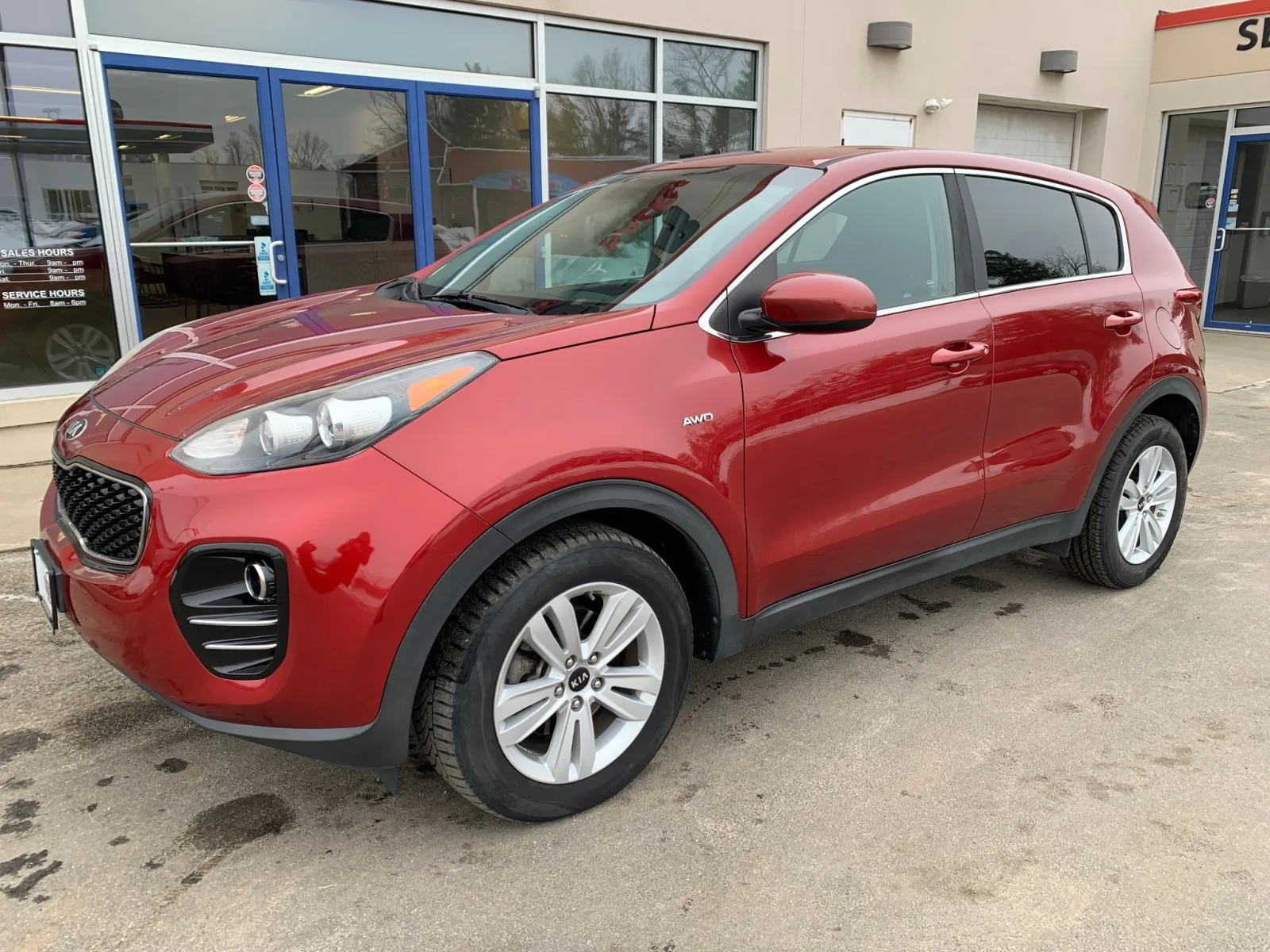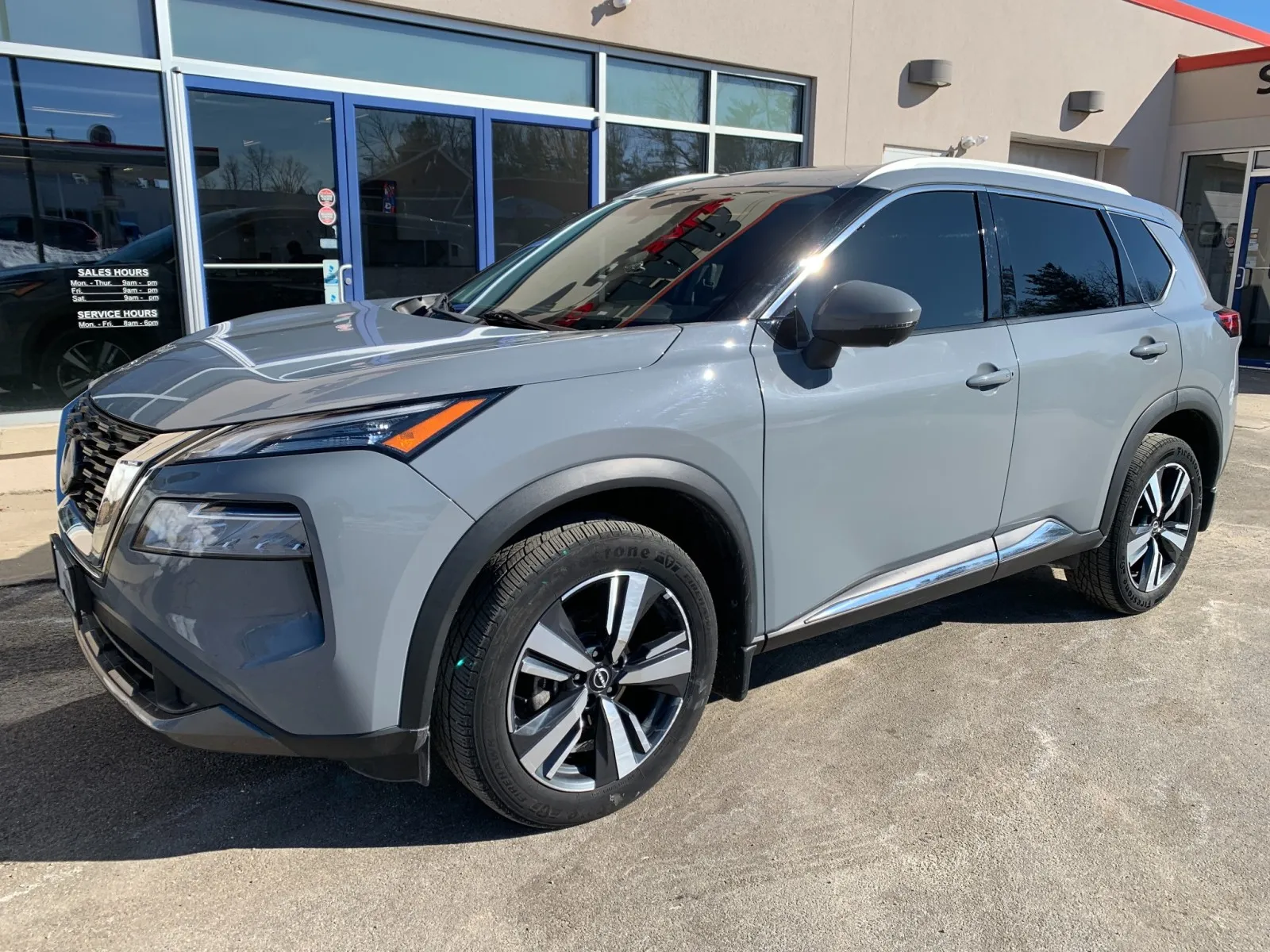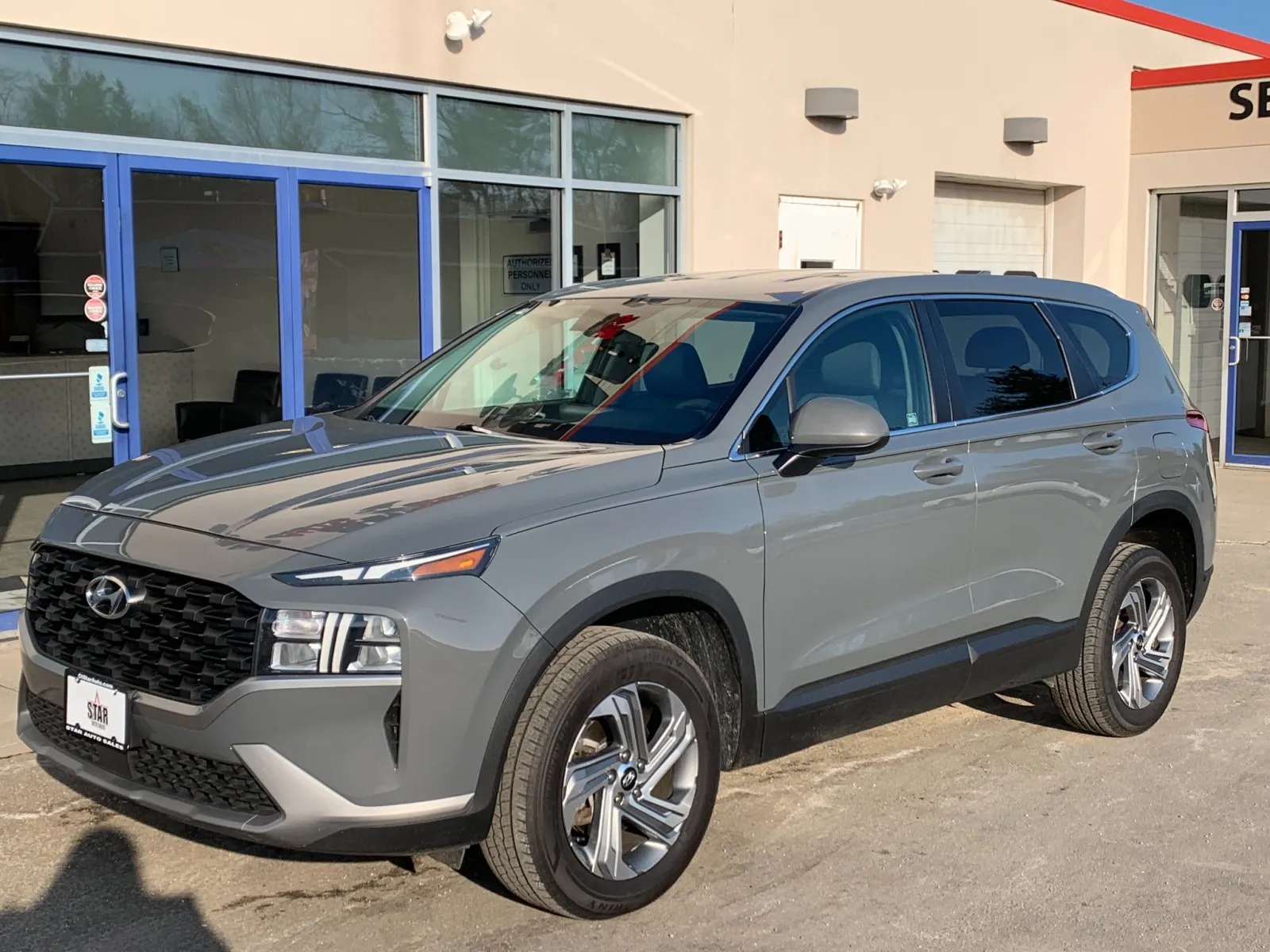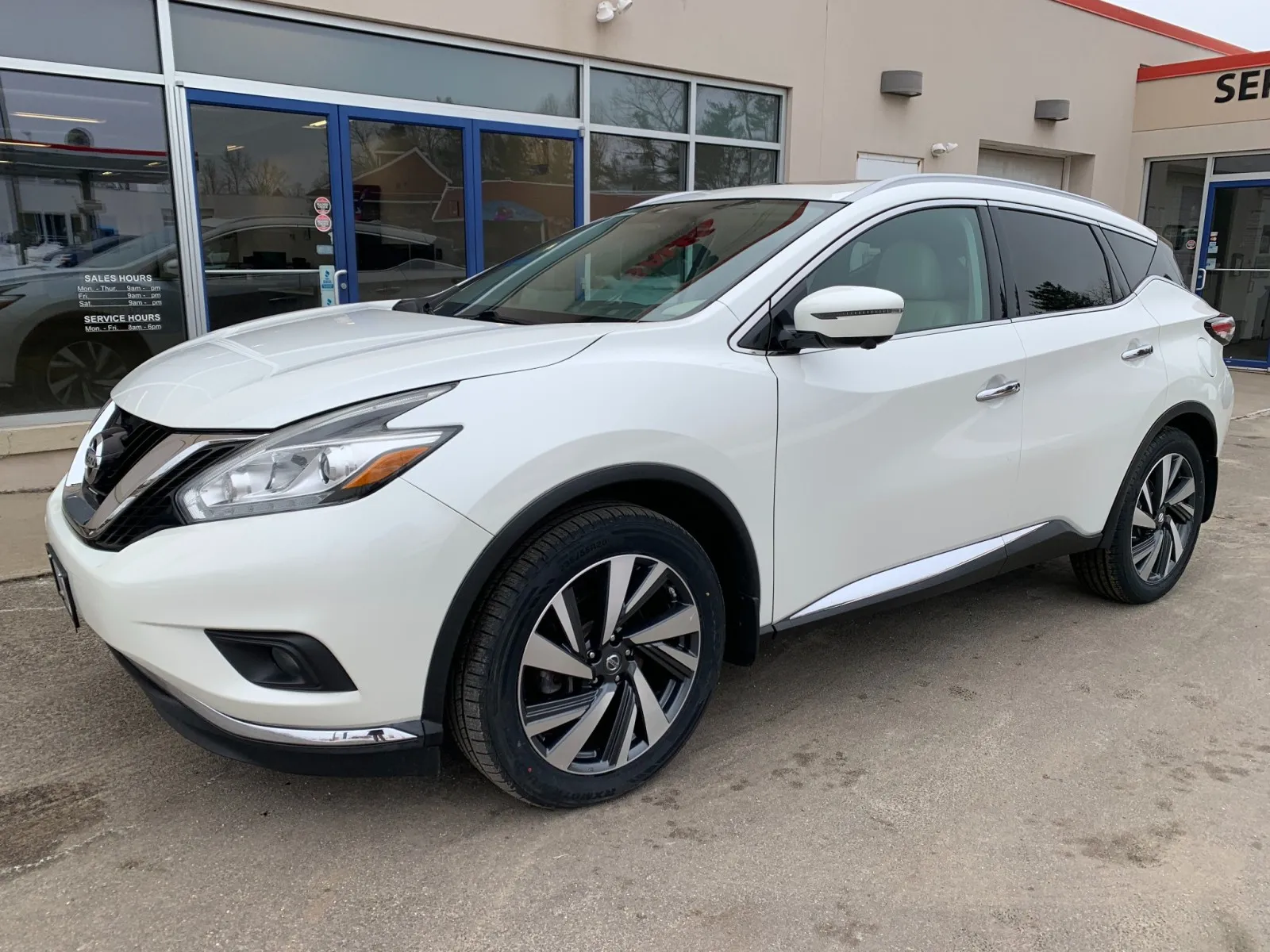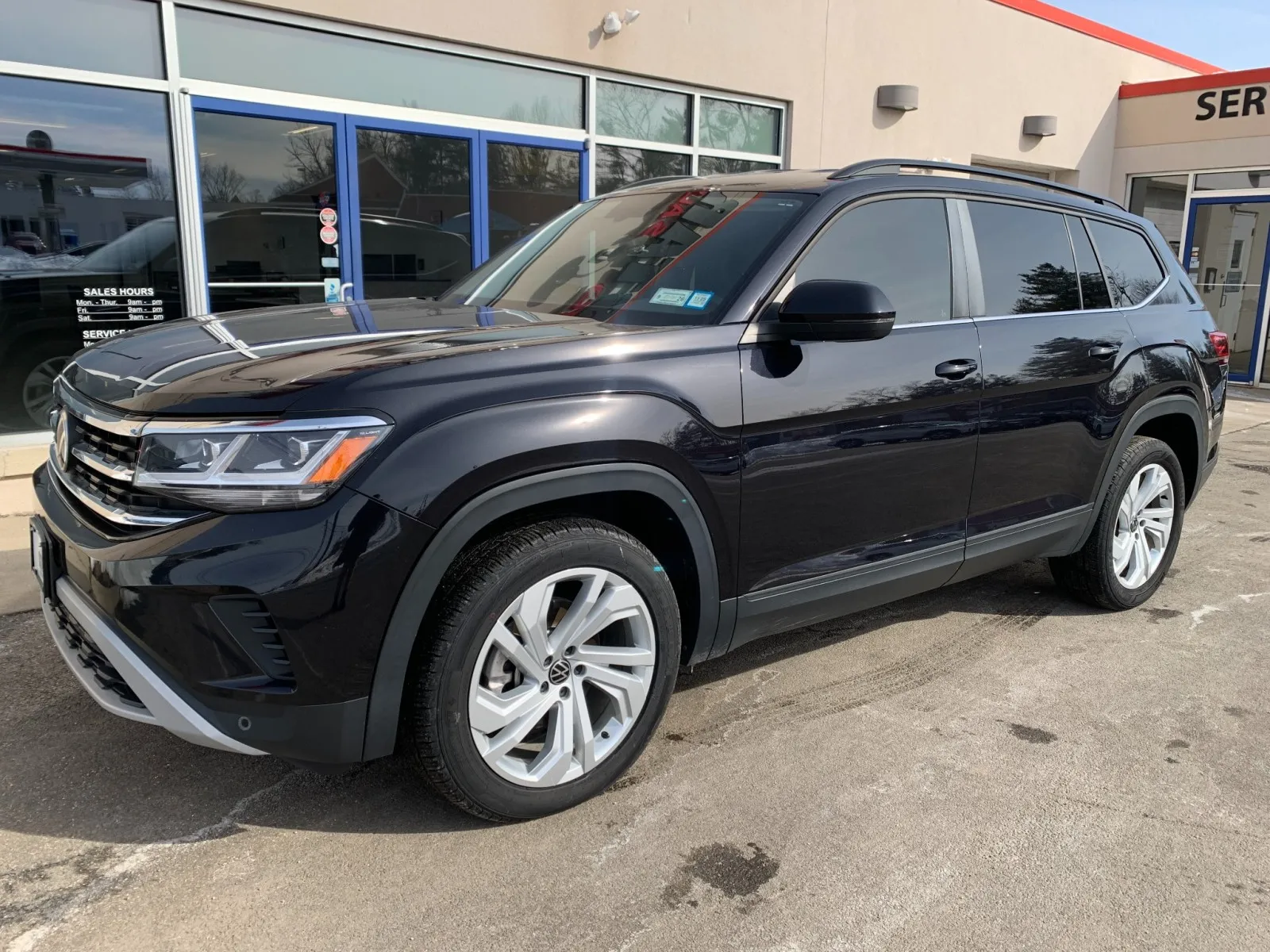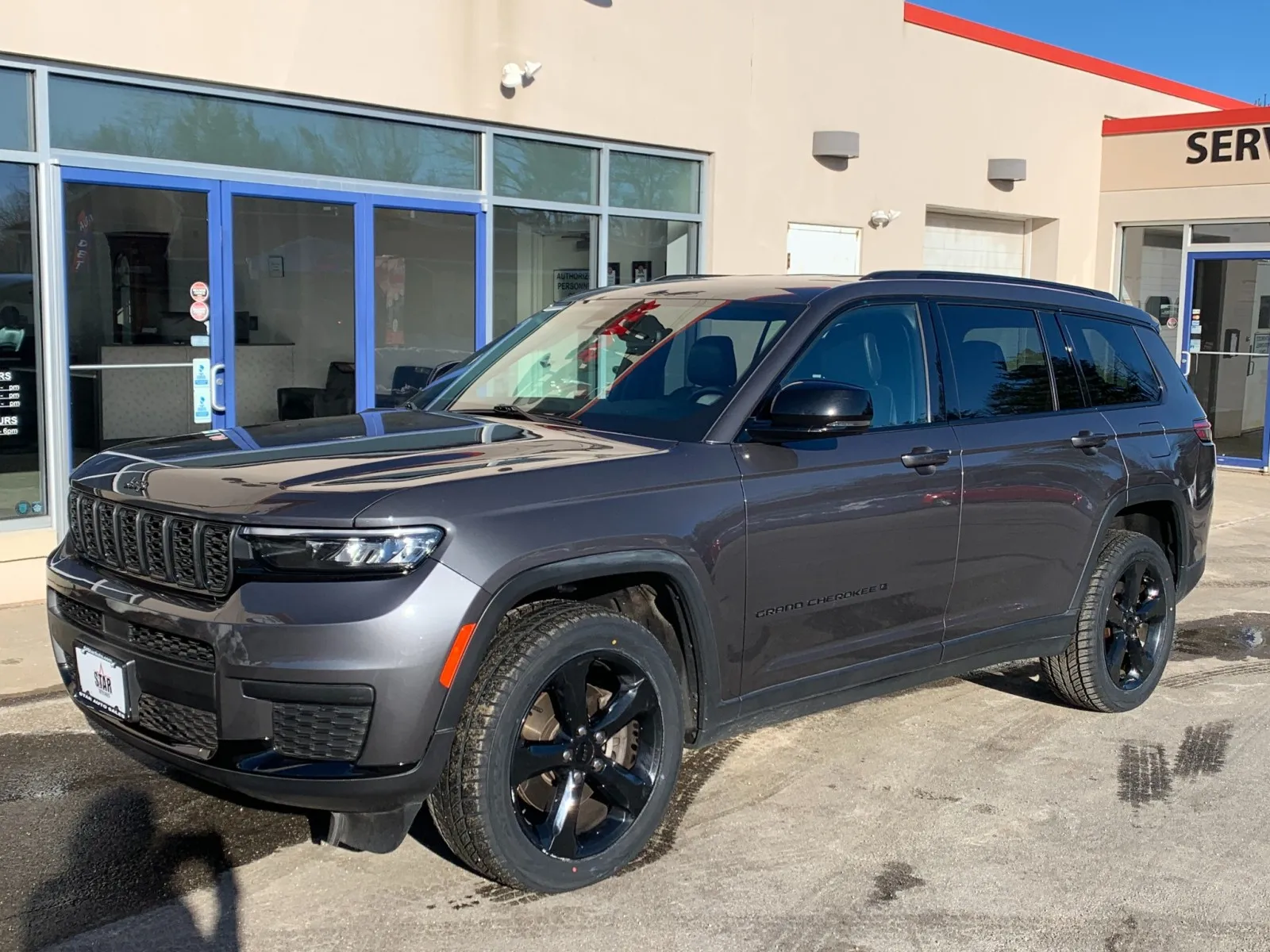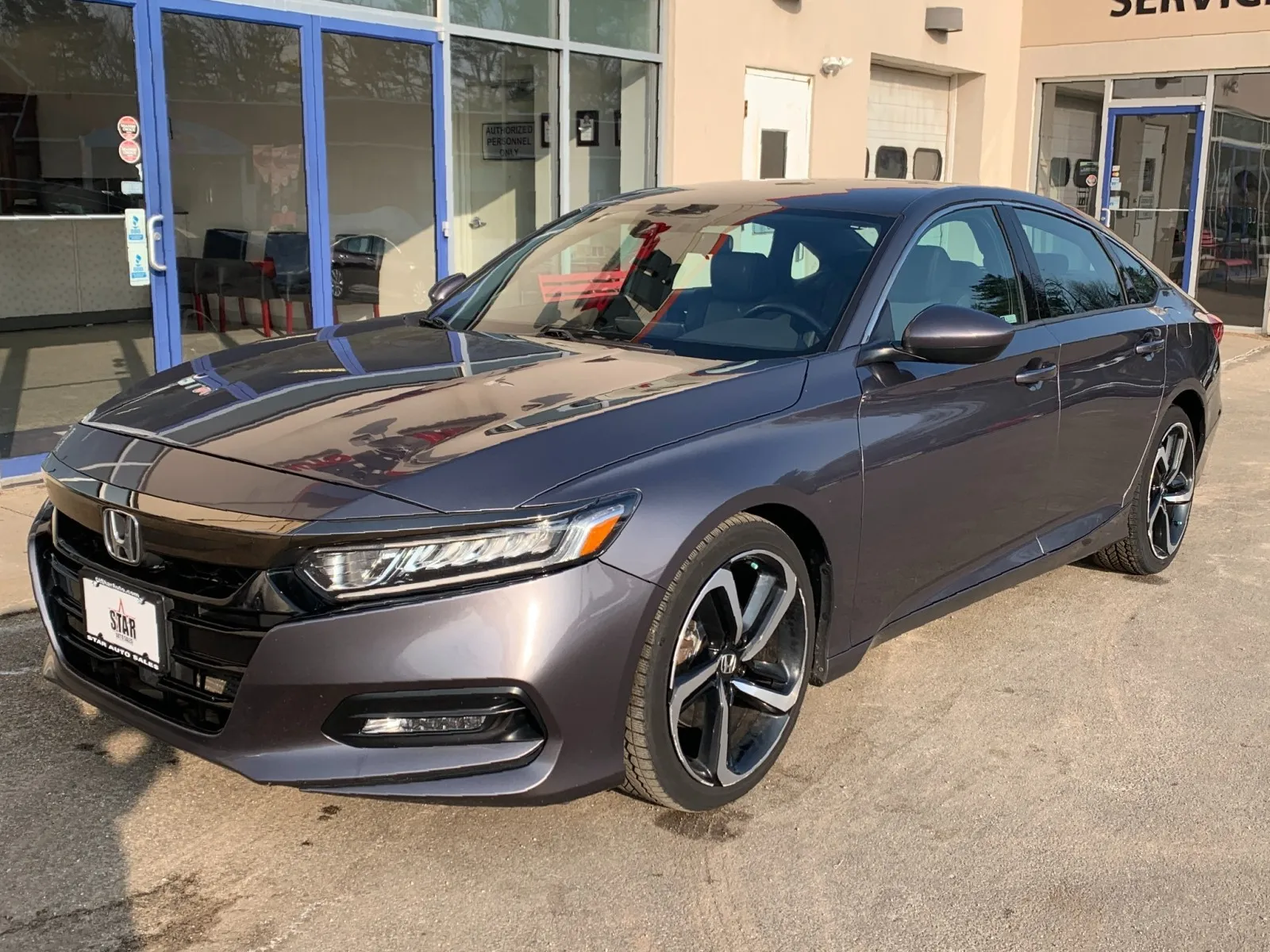Why Higher Interest Rates Mean It Takes Longer to Build Equity in Your Car
Why Higher Interest Rates Mean It Takes Longer to Build Equity in Your Car
One of the most important things to consider when financing a car is how quickly you can build equity in your vehicle. Equity means owning more of the car than you owe on your loan, and it’s an important part of managing your auto investment. However, when you have a high interest rate on your car loan, it takes longer to build that equity. Let’s break down why that happens and what it means for you.
What Is Equity in a Car?
Equity is the difference between the value of your car and what you still owe on your loan. For example, if your car is worth $20,000 and you owe $15,000, you have $5,000 in equity. Building equity is important because it puts you in a better financial position when you want to sell or trade in your vehicle.
How Does Interest Affect Equity?
When you have a car loan, your monthly payments go toward both the principal (the amount you borrowed) and the interest (the cost of borrowing). The higher your interest rate, the more of your payment goes toward interest rather than the principal balance. This means that, in the beginning, you’re not paying down your loan as quickly, which slows down the process of building equity.
With a lower interest rate, more of each payment goes toward the principal balance right from the start. This helps you reduce the amount you owe faster and, as a result, build equity more quickly. In contrast, a higher interest rate means that a larger portion of each payment is used to pay the interest, leaving less to pay down the principal.
Example: High vs. Low Interest Rates
Imagine you finance a car for $20,000 with a 5-year loan term. If you have a low interest rate, like 3%, your monthly payment might be around $360, with a large portion going to the principal balance. However, if you have a higher interest rate, like 9%, your monthly payment might be closer to $415, but a larger chunk of that payment goes toward interest, especially in the first few years.
Because less of your payment goes toward the principal with a high interest rate, it takes longer for the amount you owe to decrease below the car’s value. This delay in paying down the principal means it takes longer for you to gain positive equity in the vehicle.
Why Does Equity Matter?
Having equity in your car gives you more financial flexibility. If you want to sell or trade in your car, having equity means you’re more likely to get a good return and avoid being “upside down” on your loan (owing more than the car is worth). It also means that if something happens and you need to get out of your loan, you have a better chance of covering what you owe.
Tips for Building Equity Faster
- Negotiate for a Lower Interest Rate: When financing a car, shop around for the best interest rate. A lower rate means you’ll build equity faster.
- Make Extra Payments: If possible, make extra payments toward the principal. This will reduce the amount you owe and help you gain equity faster.
- Consider a Shorter Loan Term: Shorter loan terms typically come with lower interest rates and help you pay down the principal faster, building equity sooner.
Conclusion
Higher interest rates mean it takes longer to build equity in your car because more of your monthly payment goes to interest instead of paying down the loan. To build equity faster, aim for a low interest rate, make extra payments when you can, and consider a shorter loan term. At Star Auto Sales, we’re here to help you find financing options that work for you and put you on the path to owning your car outright.




